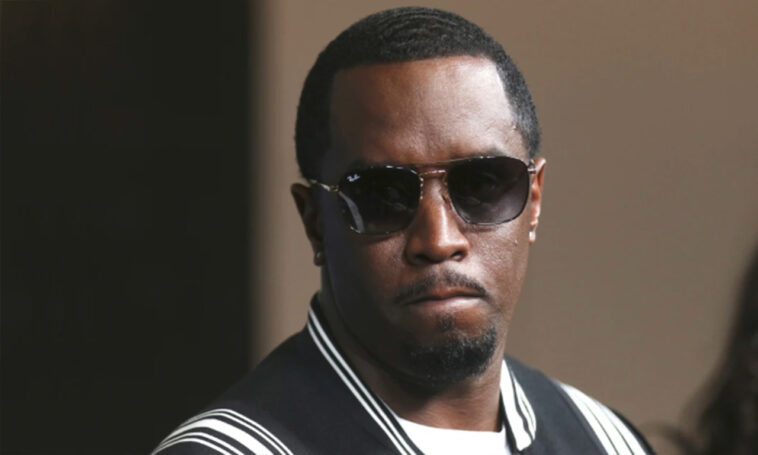Sean “Diddy” Combs, the famed hip-hop mogul and founder of Bad Boy Records, was denied bail on Wednesday as he awaits a sex trafficking trial scheduled for May 2025. U.S. District Judge Arun Subramanian issued a ruling following a bail hearing last week, which cited strong evidence indicating that Combs is a serious risk of witness tampering. The judge also referenced proof that Combs had attempted to conceal communications with third parties while being incarcerated, which further added to the concerns over his release before trial.
The legal team for Combs, 55, had proposed a bail package worth $50 million, arguing that it would be sufficient to ensure the music executive’s compliance with trial procedures. The package was meant to assure the court that Combs would not attempt to flee or intimidate potential witnesses in the ongoing case. However, Subramanian did not accept this argument and reaffirmed the decision of two prior judges, who also ruled that Combs was a danger to the community if released on bail.
“There is compelling evidence of Combs’s propensity for violence,” Judge Subramanian wrote in his five-page order.
The ruling, which follows two earlier bail denials, sets a clear message that Combs’ actions and the evidence against him are serious enough to warrant his continued detention as he awaits trial.
Combs faces multiple charges related to the abuse and coercion of women over several years, accusations that have shocked his fans and the entertainment world. An indictment against him alleges that he used violence and manipulation to silence his victims, including tactics such as blackmail, kidnapping, arson, and physical beatings. Prosecutors have accused Combs of enlisting the help of associates and employees to assist in these crimes, painting a picture of an ongoing campaign of intimidation and abuse that spans several years.
At the bail hearing, Combs’ lawyers argued that the proposed bail package would have addressed concerns about his possible flight risk and the safety of potential trial witnesses. They suggested that he could be placed under house arrest and monitored with electronic devices to ensure his cooperation with legal proceedings. However, despite these assurances, Judge Subramanian and the prior judges were unconvinced, highlighting the gravity of the allegations and the risk that Combs could influence the case or hinder the investigation.
While Combs’ legal team did not immediately respond to requests for comment on the ruling, the decision has only intensified the public scrutiny surrounding the case. Prosecutors, through spokesperson Nicholas Biase, also declined to comment further on the matter.
Combs’ case has made headlines due to the severity of the charges and his high-profile status in the music and entertainment industries. As one of the most successful figures in hip-hop, he has built an empire with his record label, his ventures in fashion, and his involvement in various business projects. However, this legal battle threatens to overshadow his legacy, with many wondering how the outcome of the trial will affect his career and reputation.
The indictment against Combs includes allegations that he abused several women over a span of years, using his power and influence to intimidate them into silence. Victims have claimed that they were subjected to violence and manipulation, with some even alleging that Combs had them blackmailed to prevent them from speaking out. These charges paint a disturbing portrait of a powerful figure who allegedly used his position to exploit and harm vulnerable individuals.
Combs has pleaded not guilty to all charges, and his legal team continues to deny the allegations. However, the ongoing legal proceedings are likely to bring more attention to the serious accusations against him. With the trial set for May 2025, the case is expected to remain a key focus of public interest in the coming months, as both sides prepare for what could be a lengthy and complex trial.
As the case develops, the legal community is closely watching the proceedings to determine the impact of this high-profile trial. Combs’ continued detention and the denial of bail highlight the seriousness of the charges he faces, while raising important questions about the intersection of celebrity, power, and accountability in the legal system.
As one legal expert pointed out, “The court’s decision to deny bail reflects the weight of the evidence and the risks associated with releasing someone of Combs’ influence during such a critical phase of the legal process.” The unfolding trial promises to be a landmark case that could have far-reaching consequences for both the entertainment industry and the broader fight against abuse and exploitation.




Join the Community and Be a Part of the Conversation
You must be logged in or registered to post a comment.